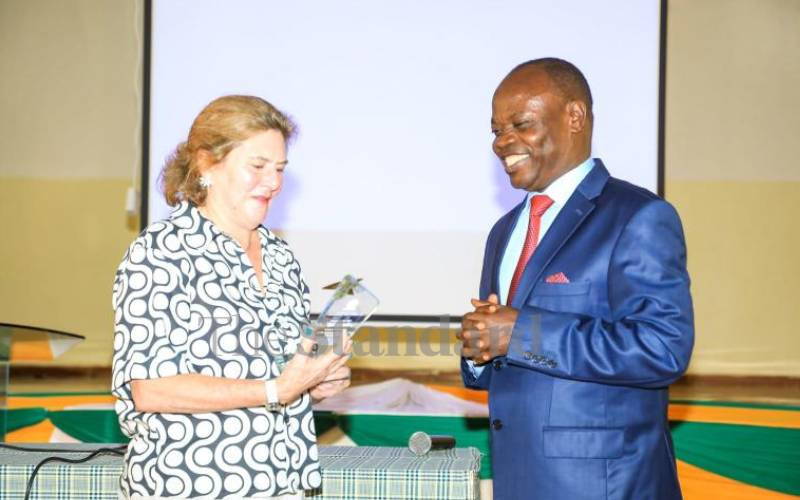×
The Standard e-Paper
Fearless, Trusted News

Costa Rica's Ambassador to Kenya Giovanna Valverde Stark has urged industries and other organisations to play their parts in addressing the climate crisis.
Speaking at Meru University of Science and Technology (MUST) where Vice Chancellor Prof Romanus Odhiambo hosted a sustainable development and climate change lecture, Ms Stark said Governments who were signatories to various climate agreements must do their part in mitigation efforts.